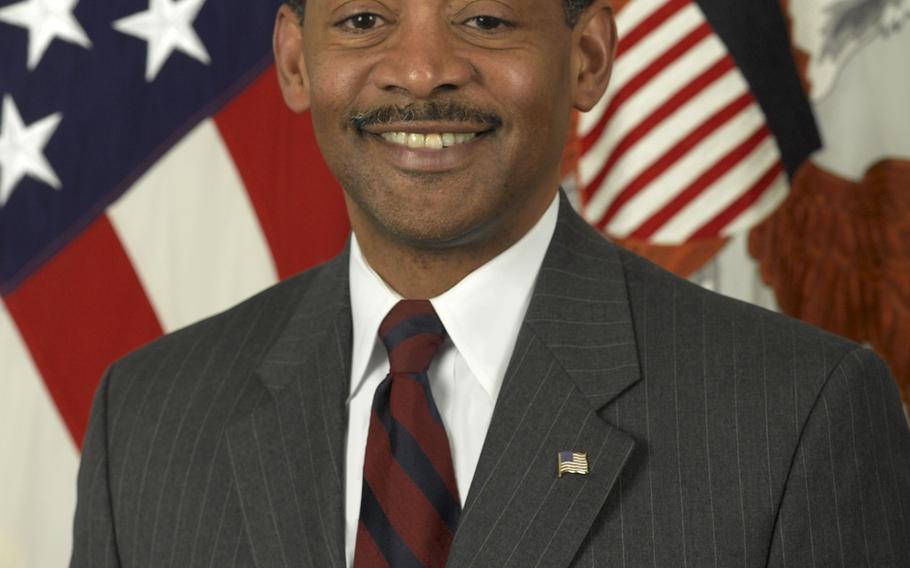
Dr. Jonathan Woodson (Department of Defense photo)
SEOUL, South Korea — Last year’s Ebola virus outbreak demonstrated that the U.S. military has an important role to play in such a health crisis, a top Department of Defense official said Thursday.
“I think the issue was that some folks immediately and somewhat rightly wondered, 'Should the military be doing this?’ And the answer came back, 'Yes,’ ” said Dr. Jonathan Woodson, assistant secretary of defense for health affairs. “The U.S. military has enormous logistical capabilities that need to be brought to bear in these crises, and brought to bear a sense of confidence that I think the international community could rally around.”
Woodson was in Seoul this week as part of a U.S. delegation attending the Global Health Security Agenda conference, a U.S.-led initiative to prevent and respond to infectious disease outbreaks through government and civil society cooperation.
He said the Ebola outbreak showed that an outbreak in one part of the world can rapidly spread and affect others.
“It threatens local populations but has political and economic consequences as well,” he said. “It can actually result in destabilizing regions. For developing nations, it can really set them back in their development for the future.”
He said the U.S military should be prepared to respond rapidly if a government is overwhelmed and asks for help.
“Once that’s triggered, we’ve got to come in rapidly with a tailored response that appreciates who we’re supporting,” he said.
“Number one, we need to recognize that in these outbreaks, the civilians are first in control,” he said, referring to national governments. “These are not military operations.”
During the Ebola crisis, the military worked with two primary U.S. responders, the Centers for Disease Control and Prevention, and the Department of Health and Human Services. Woodson rated the military’s coordination with them a “B,” adding: “There were some bureaucratic lessons that we learned in terms of how we each do business that needed to be smoothed out.
“What we learned is, we have to speak the same language and we have to understand what they are asking of us,” he said.
“I think that we learned we could lean a little bit more forward and if we had learned more (quickly) how each does business, we might have been able to field a tailored capability sooner,” he said. “I think we recovered rapidly because we got the right people in place. There were a number of us who had been talking to each other as the Ebola outbreak was being recognized, so we were able to solve some common problems.”
Woodson said the most worrying potential global health threats are the spread of pandemic flu, the emergence of antibiotic-resistant bacteria and the possible spread of viruses and bacteria from animals as human populations encroach on their space.